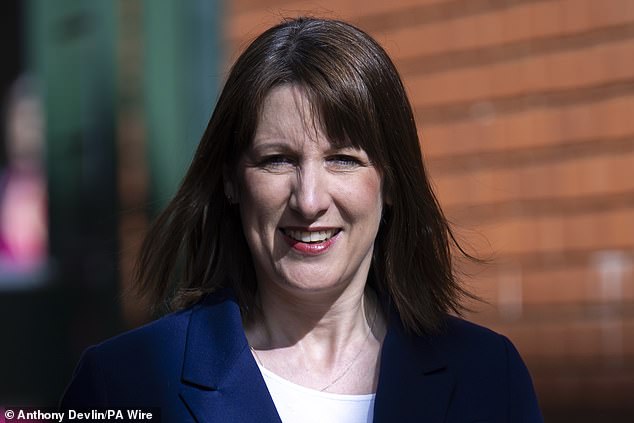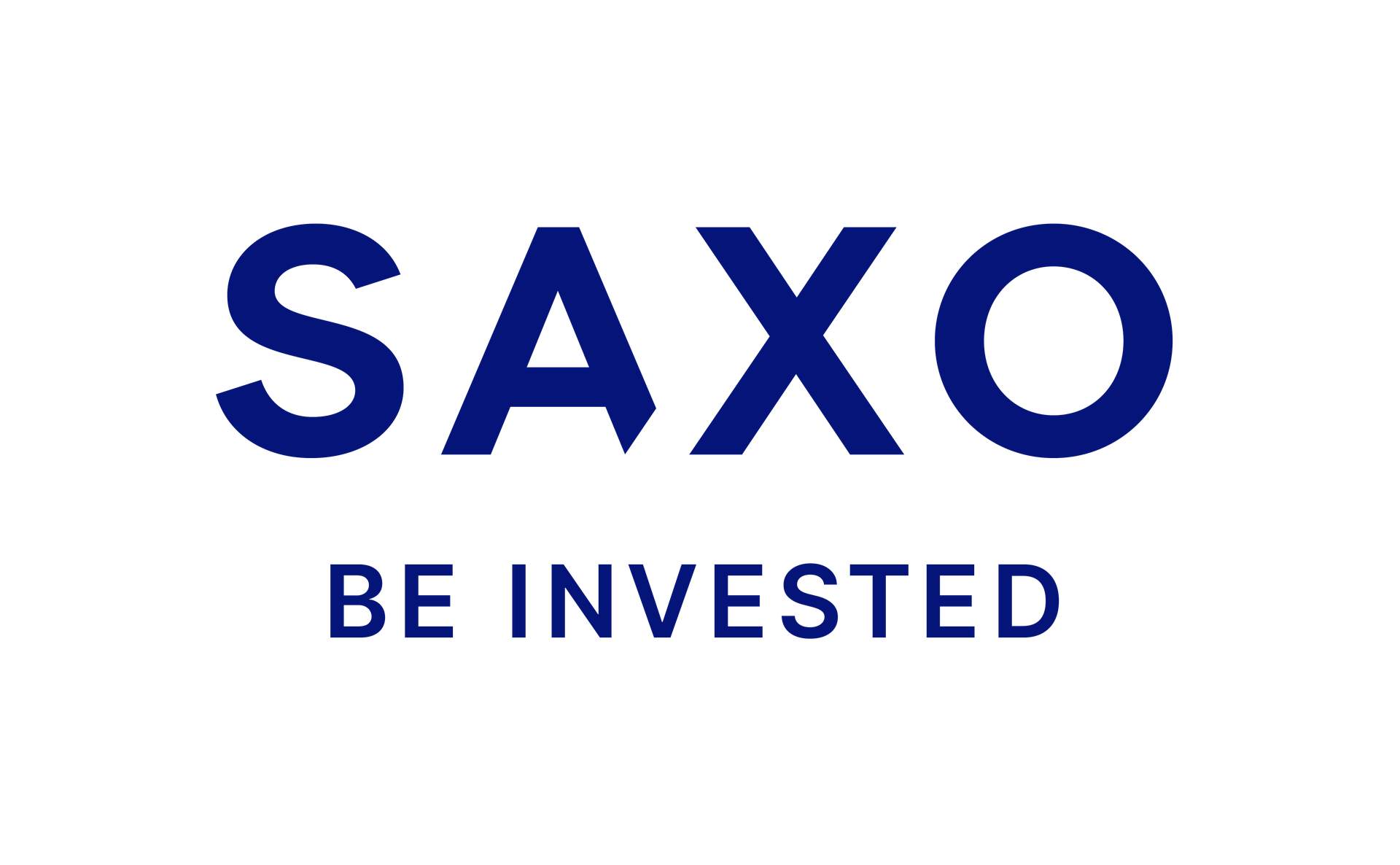Private investors daring to inspect their investment platforms are in for a nasty shock.
Since Covid-19 was inflicted upon the world five years ago, the price of investment funds and shares has moved relentlessly upwards.
The boom largely has been driven by Wall Street. Overseas ownership in US assets hit $26 trillion, or almost 90 per cent of the American total output.
The US equity markets account for three quarters of the MSCI World Index. Three companies – Apple, Nvidia and Microsoft – are valued more highly than London’s enfeebled stock market.
If, like this writer, you followed legendary investor Warren Buffett into Japan, one would be 9 per cent poorer.
The FTSE 100 avoided the worst in Thursday trading.

Hard times: Chancellor Rachel Reeves will have trouble to get pension funds to invest in riskier assets
But investors chose to take defensive action before retreating to their country seats for the weekend, sending the London market down 5 per cent yesterday.
Finding method in the Donald Trump madness is hard. The fiercely free market Wall Street Journal compares ‘Liberation Day’ to Richard Nixon’s decision to blow up the Bretton Woods system of fixed exchange rates in 1971. The Economist calls it ‘Ruination Day’.
Nobody is sure whether Trump and his billionaire team of advisers are engaged in a negotiation with perceived trade sinners or really mean to shatter global supply chains.
Could there possibly be a silver lining? Growth spurts don’t go on forever and maybe slowing US and global momentum could be the detox desired. In Britain, the yield on two- and five-year bonds has slipped below 4 per cent and the return on the ten-year tumbled to 4.38 per cent. The bank rate, at 4.5 per cent, could follow.
That will lower the cost of servicing the national debt and make it easier to finance £299.2bn of gross gilt sales in the 2025-26 fiscal year.
Gyrations in equities will make it harder for the Chancellor Rachel Reeves to require pension funds to invest in riskier assets.
Changing places
The departure of BP chairman Helge Lund will not be regarded with astonishment. His stewardship has been disastrous for shareholders who have seen £20bn wiped off BP’s value.
Lund’s biggest mistake was failure to put the brakes on Bernard Looney’s over-embrace of green at a time when returns on climate change technologies were in dispute. BP back-pedalled when much of big oil doubled down on extraction.
BP’s stock exchange announcement included guff about wanting to enable ‘an orderly and seamless handover’. Reality is that Lund’s leadership is discredited by setbacks on his watch, and he has been under pressure from activist Elliott to change direction.
Climate change enthusiasts wanted him out after Looney’s successor Murray Auchincloss recommitted to oil and gas. Lund says he can hang around until 2026. One suspects that senior non-executive Amanda Blanc will engineer change before then.
Fighting spirit
The under-pressure Competition & Markets Authority has found a way to approve French-based Safran’s £1.4billion bid for Wolverhampton-based Collins Aerospace, maker of innovative flight control systems.
Selling off UK leading edge aerospace tech at this moment, when Europe’s defence readiness is on a sharp upward projection, is wrong.
Britain needs the best tech in the UK, especially if the way forward is the next generation Typhoon or Tempest Eurofighter on the BAE platform.
America’s F-35 Lightning could well be a victim of trade wars.
DIY INVESTING PLATFORMS

AJ Bell

AJ Bell
Easy investing and ready-made portfolios

Hargreaves Lansdown

Hargreaves Lansdown
Free fund dealing and investment ideas

interactive investor

interactive investor
Flat-fee investing from £4.99 per month

Saxo

Saxo
Get £200 back in trading fees

Trading 212

Trading 212
Free dealing and no account fee
Affiliate links: If you take out a product This is Money may earn a commission. These deals are chosen by our editorial team, as we think they are worth highlighting. This does not affect our editorial independence.











